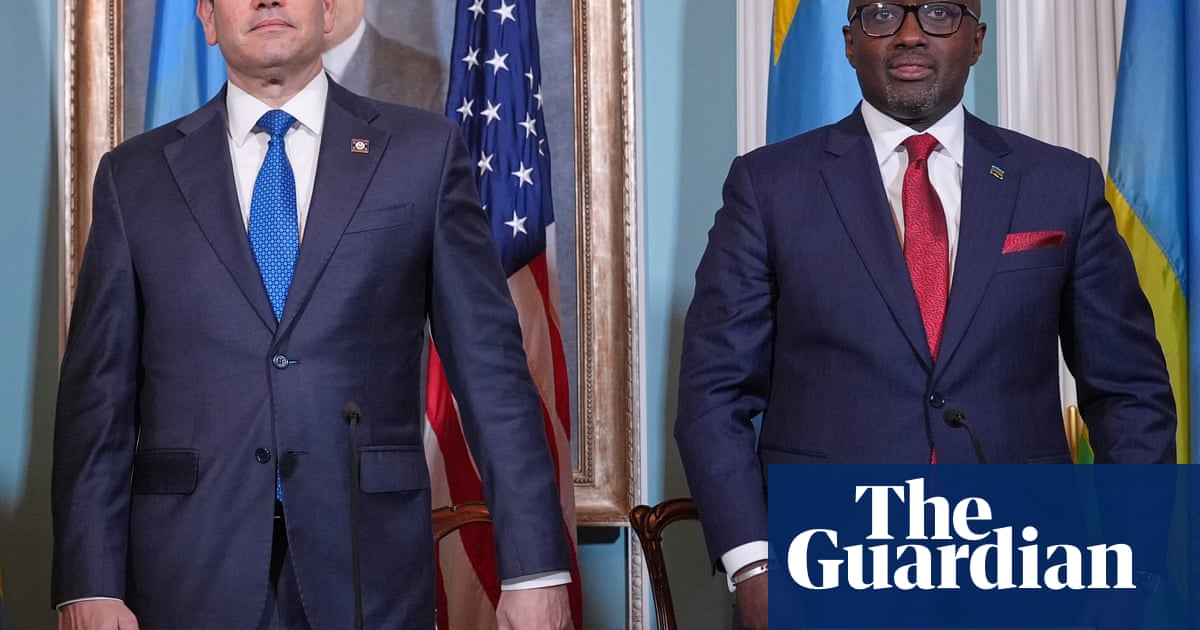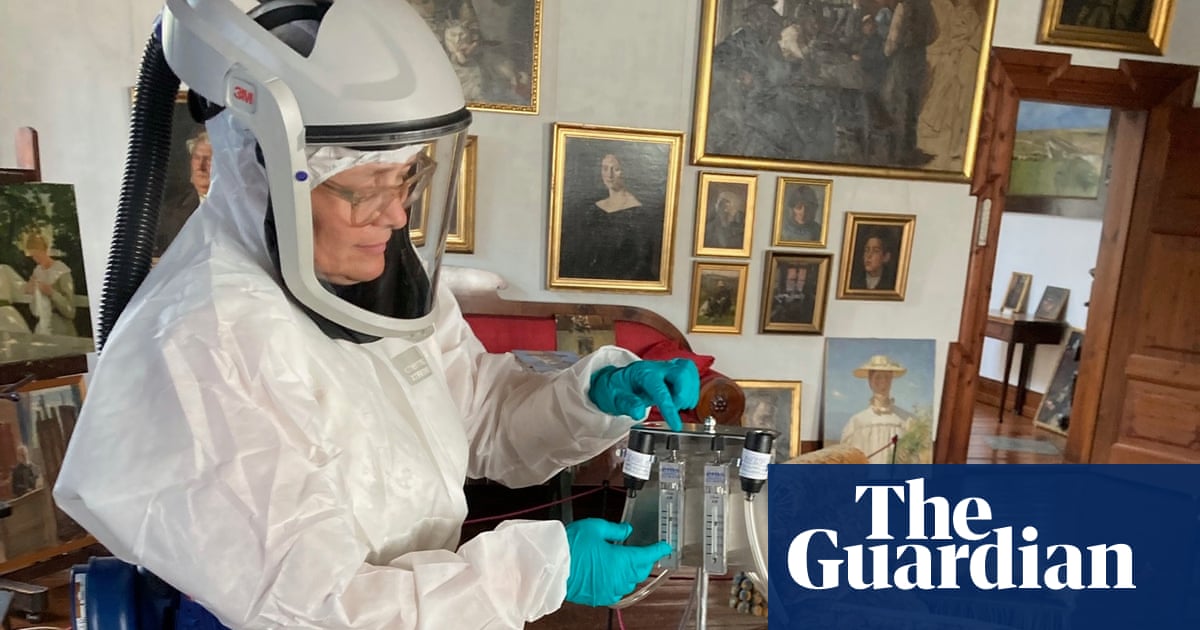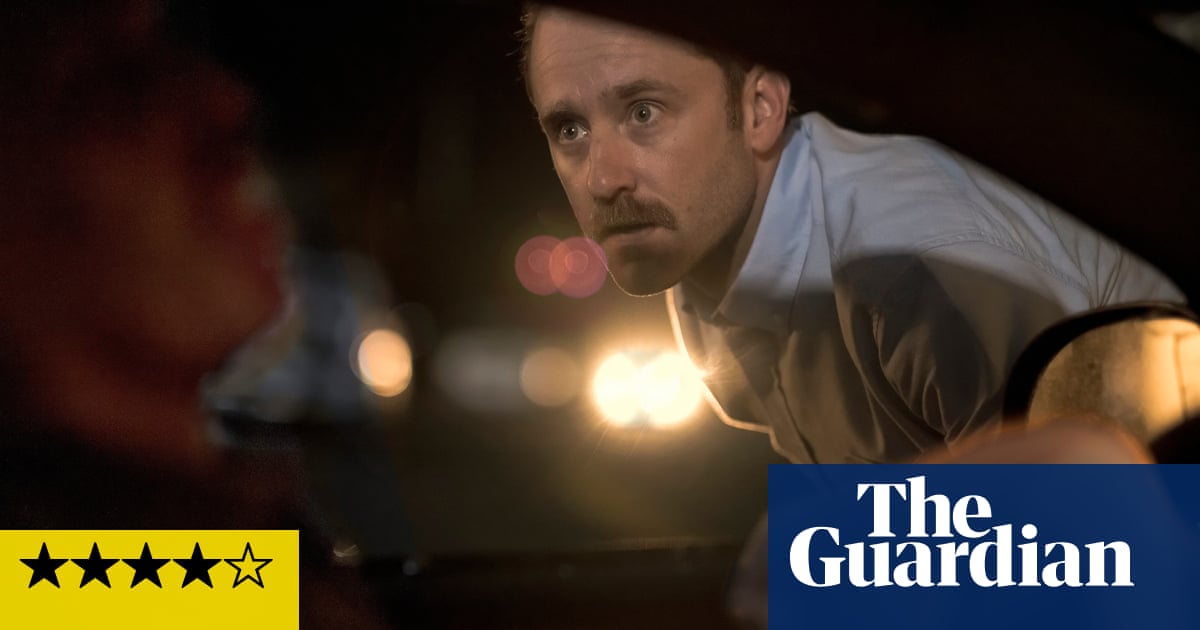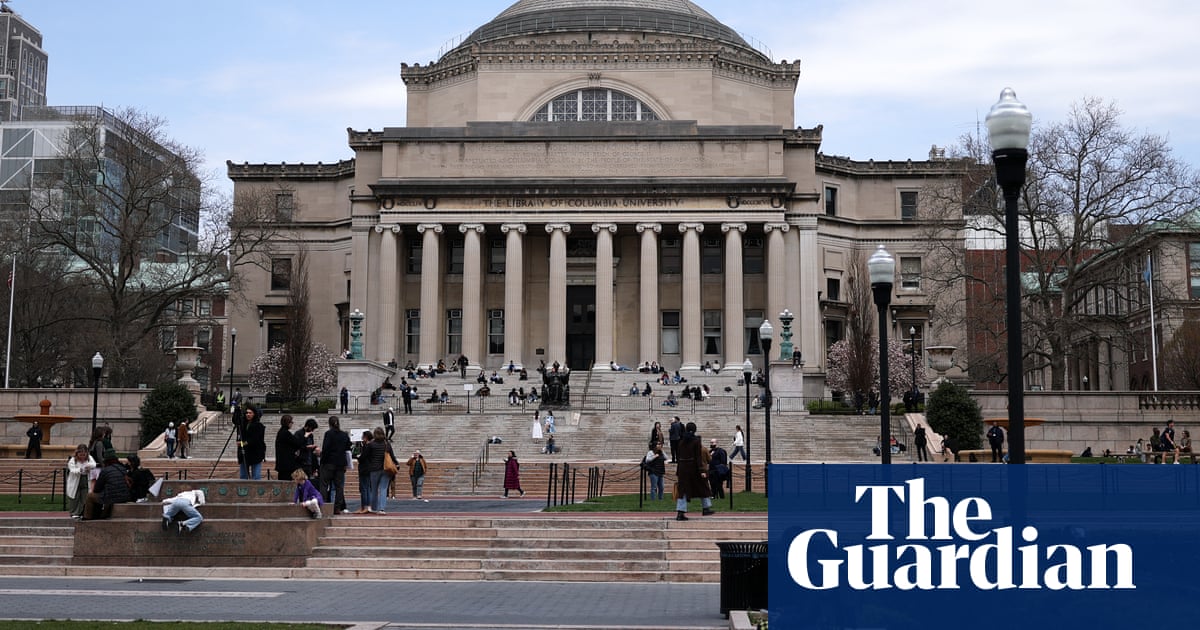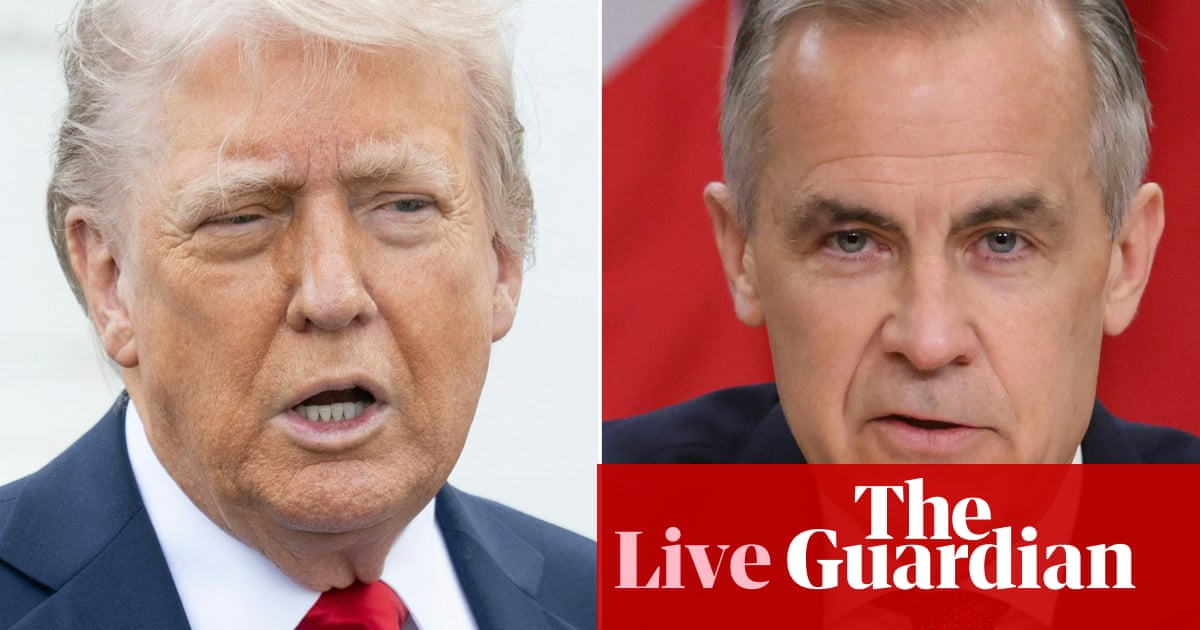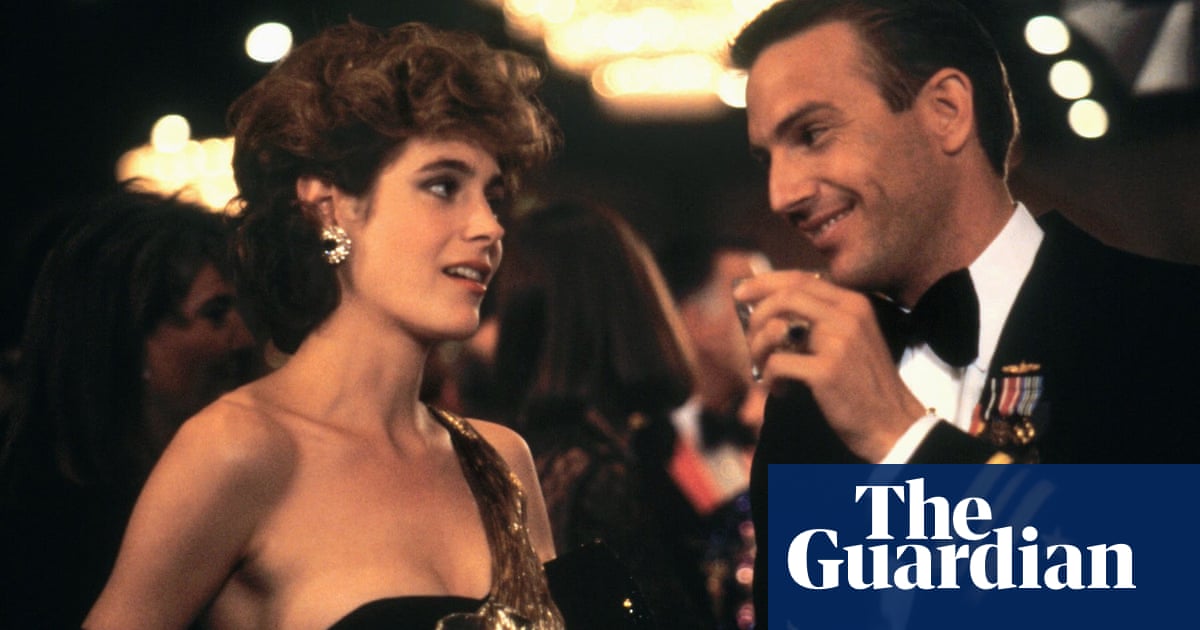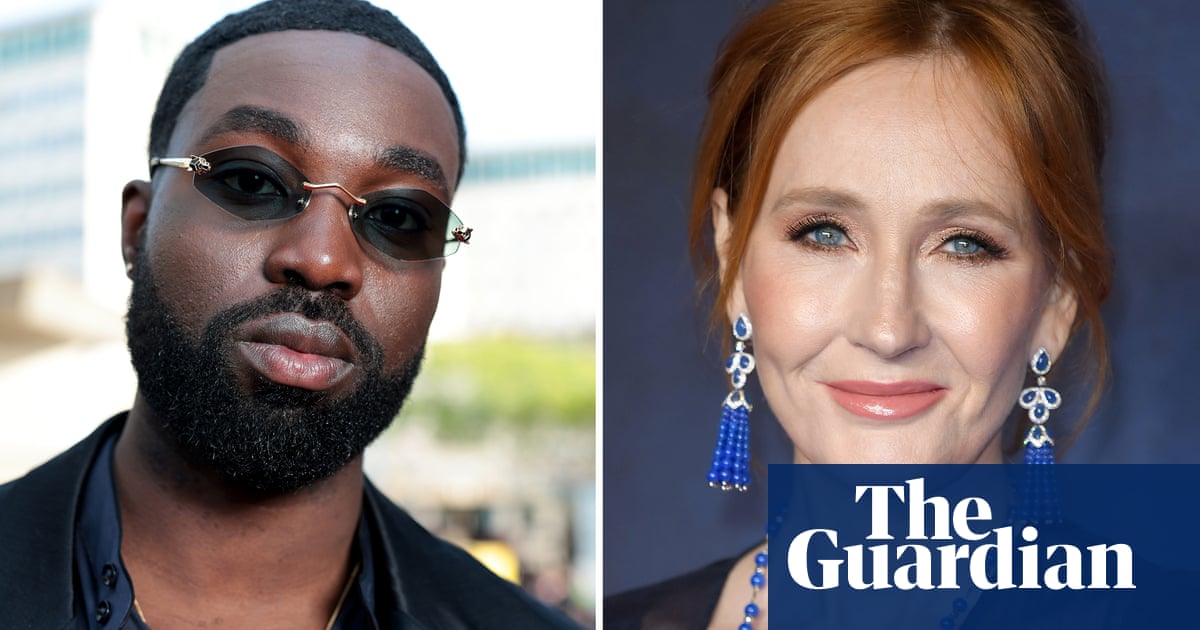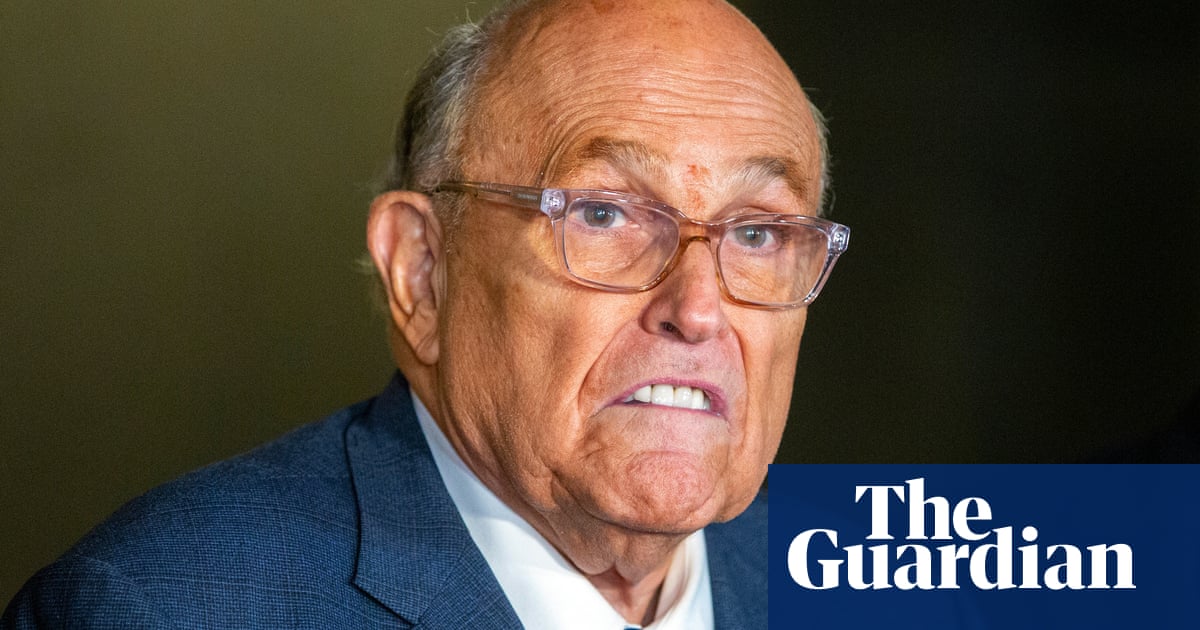It’s a plain-sight not-quite-twist that was sitting in front of us this whole time. Following Donald Trump’s selection of the hilariously cursed trio of Mel Gibson, Sylvester Stallone, and Jon Voight for a made-up ambassadorship to Hollywood back in January, it was revealed that the position may not be ceremonial after all; it was actually Voight himself who helped goad Trump into making that bizarre statement about placing a 100% tariff on foreign-made films.
The president has since clarified that he was “exploring all options” for revitalizing the US film industry; hopefully that includes some sample plans from Gibson and Stallone, too. (We can assume Stallone’s involves a 44-page treatment for a movie where Rocky Balboa returns to the ring and becomes the main character in Creed IV.) For his part, Voight said he that he and his partner submitted a “comprehensive plan” including federal incentives for film productions, production “treaties” with other countries, and “limited” tariffs. Naturally, Trump glommed onto any proposal with even a glancing mention of tariffs, with the added bonus of being authored by an 86-year-old man.
That’s not (just) a cheap shot at Voight’s age. His later-period reinvention as a rightwing lunatic, kicked off in earnest by a 2008 editorial denouncing both Barack Obama and his own 1970s anti-war activism, is an unfortunate cap to a fascinating career that for many years placed him firmly in the Hollywood counterculture, if such a thing could truly be said to have existed.
Like many actors of this era, Voight got his start in TV guest spots and theater roles, breaking through, appropriately enough, alongside fellow silent generation performer Dustin Hoffman in the landmark 1969 film Midnight Cowboy. The only X-rated movie to ever win best picture, it cast Voight as Joe Buck, a largely unsuccessful male hustler living in New York City poverty; he was nominated for a best actor Oscar alongside his co-star. (Hollywood was changing, but the transformation wasn’t full; John Wayne won that year, for True Grit.) Through the ’70s, Voight went on to star in Catch-22, for Mike Nichols; Deliverance, for John Boorman; and Coming Home, for Hal Ashby, where his performance as a paraplegic Vietnam vet won him his second best actor nomination. This time he won.

Yet among his fellow silent generation actors who got their start in the late ’60s – Hoffman, plus Al Pacino, Robert De Niro, Robert Redford, and Gene Hackman – Voight built less of a sturdy bridge into the Reagan ’80s. Lookin’ to Get Out, a 1982 reteaming with Ashby that Voight co-wrote, did poorly, and though he received one more best actor nomination for 1985’s Runaway Train, Voight took long stretches off from the big screen, winding up in TV movies for the first half of the 1990s. Some of his peers experienced rough patches, too; like Voight, Al Pacino wasn’t hitting it out of the park in the 1980s, and took some time off as a result. But nothing like this: in the 17 years between Coming Home in 1978 and Voight’s re-emergence as a major-studio character actor in 1995 (Michael Mann put him in Heat – a movie with Pacino and De Niro sharing top billing), he appeared in just six feature films.
Ironically – or maybe fittingly, given his current appointment? – Voight often felt like the most overtly political of the aforementioned actors; he played a radicalized left-winger in The Revolutionary, a teacher reaching out to poor families in Conrack, and that vet part in Coming Home. He had a softer, more youthful look that some of his peers, and unlike Pacino, De Niro, or Hackman, he didn’t have a steady side in crime pictures, playing cops or criminals. He could also come across a bit more tentative and diffident than golden boy Redford (who couldn’t, really?), his Joe Buck a less showy (and potentially more challenging) role opposite Hoffman. Twice he played a boxer struggling with life outside of the ring (which may have added some appreciation to his Oscar-nominated impression of Howard Cosell in Mann’s Ali). But despite a few hits, he never fully made the transition to middle-aged lead of popular entertainments. As the decades wore on, he didn’t play the wizened co-lead mentor (like Pacino), the self-parody of a tough guy (De Niro), or the aging romantic lead (Redford).
As a supporting and character actor, though, Voight really ignited in the back half of the ’90s. He circled back to work with Francis Ford Coppola and Brian De Palma, became a go-to player for blockbuster director Michael Bay, played dad to real-life daughter Angelina Jolie in Tomb Raider, and inexplicably anchored the Baby Geniuses franchise. He may not have been De Niro, Pacino, Hoffman, or Hackman in terms of starring roles, but it was the busiest period of his movie career. He often played villains, as if preparing for how perceptions of him were about to shift.
After his first anti-Obama tantrum, the average prestige and frequency of his projects dropped, as might be expected after patiently explaining that the guy many of your peers supported for president was duping gullible suckers with Marxist rhetoric. Someone like Clint Eastwood was able to make good, sometimes great art out of his own political ambivalence; he may have done a cringeworthy empty-chair routine at the Republican National Convention in 2012, but Eastwood’s actual movies maintained their complicated, shaded relationship, with authority, institutions, community, and, increasingly, recent US history. Voight, meanwhile, played George Washington in An American Carol, where a Michael Moore-style film-maker gets a Scrooge-style lesson in patriotism.

In other words, Voight was going the way of many parents and grandparents: making the transition from youthful counterculture to parroting rightwing talking points with holy-roller righteousness. Age-wise, Voight isn’t even of the corrupted-boomer cohort whose Trump support now seems like such a betrayal of ideals; the silent generation were already full adults by the time the anti-war protests of the ’60s began in earnest. As such, Voight’s Oscar-honored peers weren’t necessarily known for their fiery politics, even if De Niro is now quite open about his hatred of the president. Yet there’s a kind of openness to human complexity that they’ve all embraced to some degree as elder statesmen, while Voight, so sensitive in his youth and seemingly selective in the aftermath of his Oscar, now often appears frozen in a kind of defensive snarl, even when he stumbles into something more interesting. Francis Ford Coppola, who found a role for Voight in his longtime passion project Megalopolis, is no one’s idea of a faith-keeper for progressive values, but at least the Ayn Rand streak of that film feels like a genuine expression of how his idealism may have changed over the years. Megalopolis wasn’t Voight’s biggest recent hit, though; that would be Reagan, a hagiography about the former president’s tireless efforts to defeat communism.
Earnestly pitching ideas to save the movie industry – which to some might appear to have more pressing concerns on its hands than movies sometimes shooting in London – suggests that Voight still craves some degree of Hollywood acceptance. He’ll likely still find himself on the outside, not particularly because he’s rejected a long-gone counterculture, but because there isn’t much in his recent work or public life that shows much artistic curiosity. It’s hard to maintain the soul of an artist while sucking up to people who see art as just another transaction, demanding a big American win.

 4 hours ago
5
4 hours ago
5
